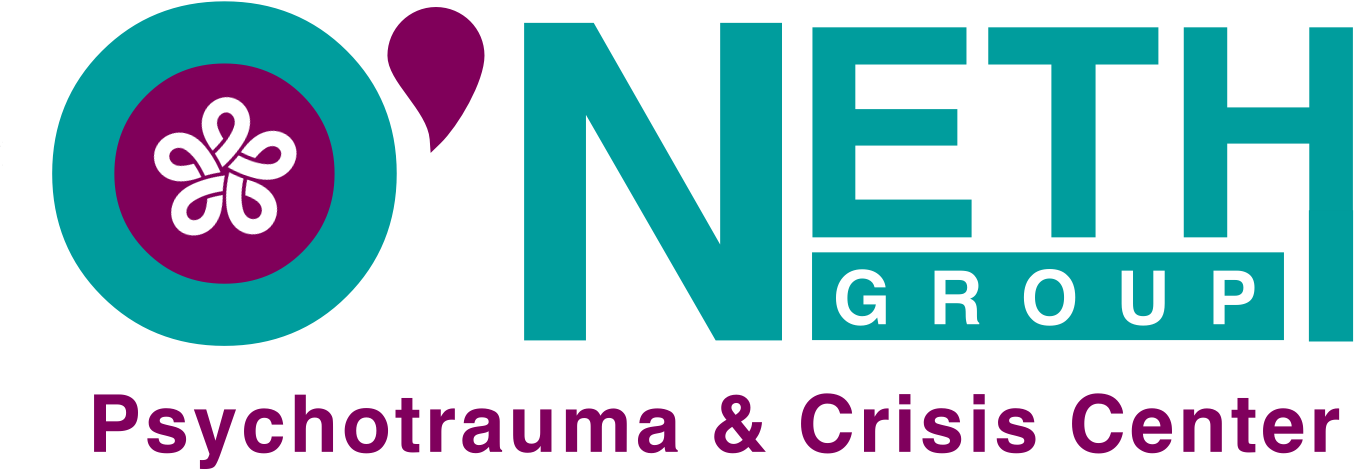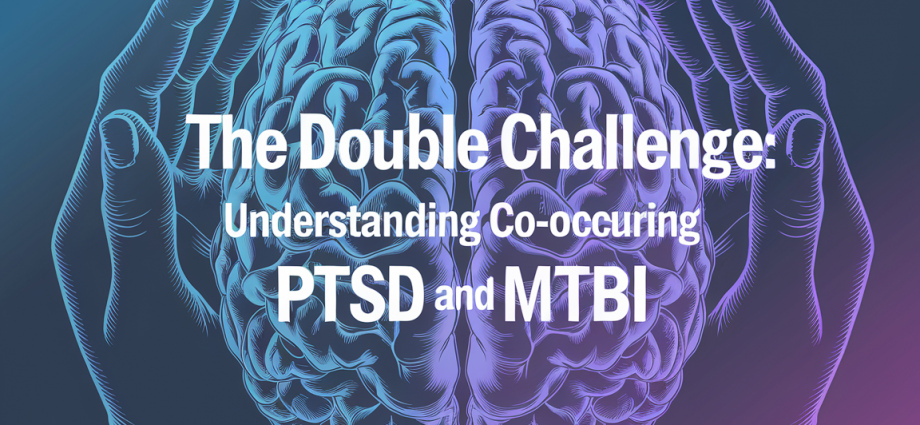Posttraumatic stress disorder (PTSD) and mild traumatic brain injury (mTBI) are two critical conditions that frequently affect military personnel, veterans, and individuals exposed to traumatic events. The coexistence of these conditions creates unique challenges in medical and psychological care. In this article, we will delve into the complexities of PTSD and mTBI, exploring their symptoms, diagnosis, treatment, and the importance of integrated care models.
Understanding PTSD and mTBI
PTSD is a psychological condition triggered by exposure to traumatic events, leading to symptoms such as:
-
Flashbacks
-
Avoidance behaviors
-
Emotional numbness
-
Hypervigilance
Conversely, mTBI is a physical injury to the brain caused by external force, often resulting in:
-
Cognitive impairment
-
Headaches
-
Sensory changes
-
Memory loss
When these conditions overlap, their shared symptoms—such as irritability, fatigue, and concentration difficulties—complicate the diagnostic process.

The Challenges of Co-Occurring PTSD and mTBI
Research has shown that individuals with co-occurring PTSD and mTBI often experience:
-
Amplified symptoms: Patients with both conditions tend to exhibit more severe symptoms compared to those with only one condition.
-
Cognitive deficits: The combination of PTSD and mTBI can lead to significant cognitive impairment, including memory loss and difficulty concentrating.
-
Emotional dysregulation: Individuals with co-occurring PTSD and mTBI may experience intense emotional dysregulation, including anxiety, depression, and irritability.
The Importance of Early Diagnosis and Integrated Care
Early diagnosis and treatment of PTSD and mTBI are crucial to preventing long-term consequences and improving quality of life. Integrated care models that address both neurological and psychological aspects are essential for effective treatment.
Key Components of Integrated Care Models
-
Cognitive-Behavioral Therapy (CBT): This can help patients process traumatic experiences while addressing cognitive impairments caused by mTBI.
-
Neurorehabilitation: Techniques such as memory training and cognitive exercises support brain recovery.
-
Medication Management: Pharmacological interventions may alleviate symptoms like depression, anxiety, and chronic pain.
-
Family and Social Support: Encouraging family and social support networks can aid in the recovery process.
Implications for Healthcare Providers
Healthcare professionals must remain vigilant for the dual presence of PTSD and mTBI, especially in populations with high trauma exposure. Training and education are essential to equip providers with the skills needed to:
-
Differentiate symptoms
-
Implement integrated care plans effectively
-
Communicate with patients and their families
Conclusion
The intersection of PTSD and mTBI presents complex challenges for diagnosis, treatment, and recovery. By understanding the intricacies of these conditions and adopting integrated care models, healthcare providers can improve outcomes and quality of life for individuals affected by these conditions. Ongoing research and education are essential to advancing our knowledge and improving treatment strategies for PTSD and mTBI.

